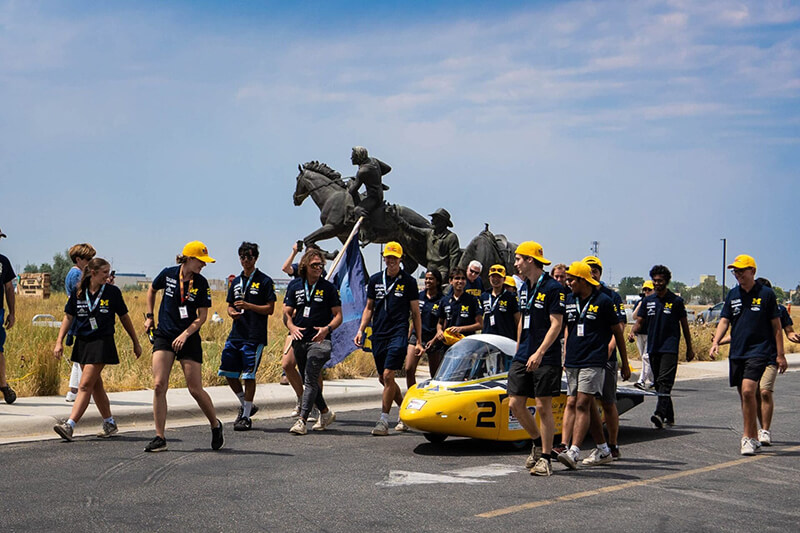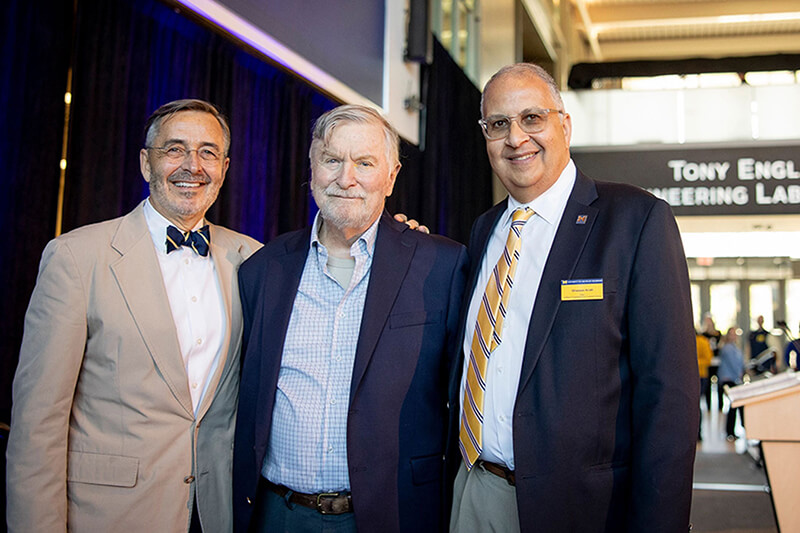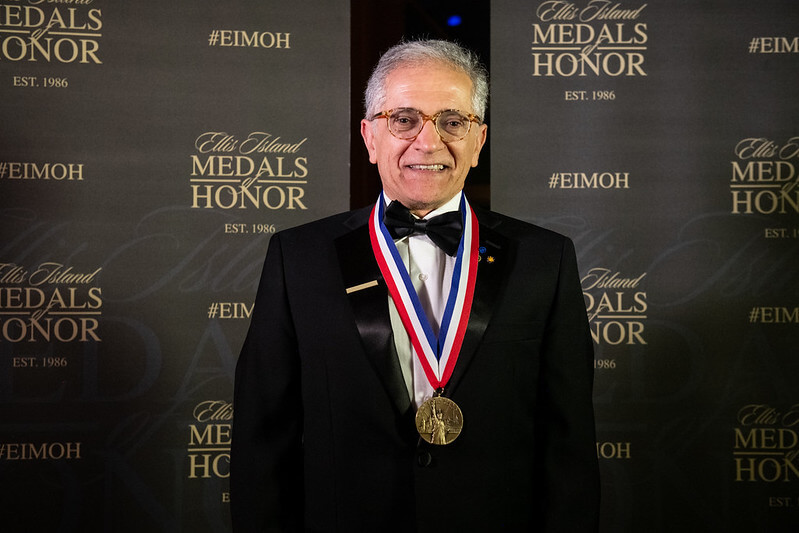Financial Statements
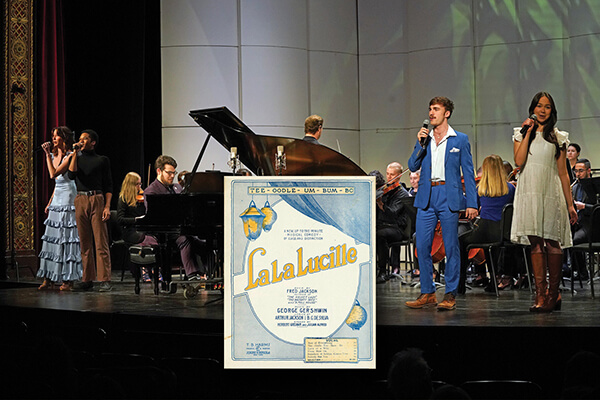
A University of Michigan researcher uncovered the orchestration of George Gershwin’s “La, La, Lucille” from the Samuel French Collection at Amherst College during the summer of 2023. The rediscovered work, Gershwin’s first complete score, included parts for multiple instruments, making the musical performable for the first time in nearly a century. This allowed U-M School of Music, Theatre & Dance (SMTD) students to perform some of the recovered songs during a February 2024 concert. Now “La, La, Lucille” is getting the critical edition treatment from U-M’s Gershwin Initiative, a unique partnership between the Gershwin families and SMTD focused on the ongoing reexamination of the Gershwins' music.

Current and former University of Michigan student-athletes achieved historic success during FY 2024. First, the No. 1-ranked University of Michigan football team captured the program’s 12th national championship and first since 1997 with a gritty 34-13 victory in the National Championship Game in January 2024. Then 48 U-M student-athletes and alumni competed in the Paris Olympic and Paralympic Games this past summer, earning 10 medals: one gold, four silver and five bronze. Eleven of those athletes were current students who had competed for U-M in the past year.
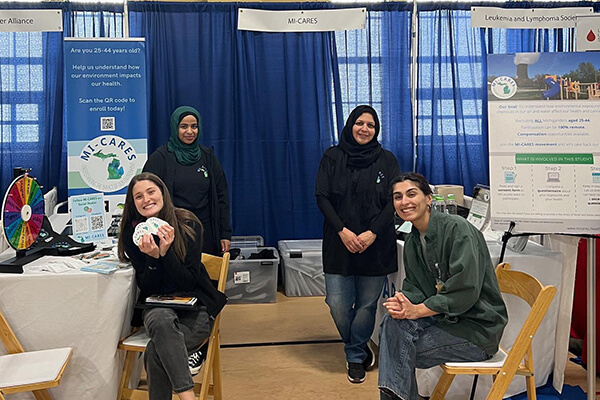
Researchers at the University of Michigan Rogel Cancer Center, funded by a $13 million National Cancer Institute grant, have launched MI-CARES to investigate the impact of toxic metals, industrial pollution and PFAS on cancer risk among Michigan residents. They aim to recruit 100,000 diverse participants ages 18-49, from environmental injustice hotspots like Detroit, Flint and Grand Rapids. Participants will provide data through online surveys and biological samples, contributing to broader health research and evaluating environmental exposures and different health outcomes with the goal of protecting individuals from cancer.
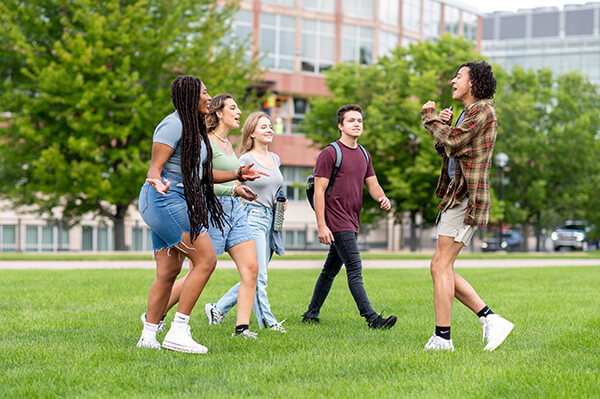
Research led by the Marsal Family School of Education found that high school grades and standardized test scores, when contextualized by school, neighborhood and family resources, can strongly predict college success. Published in the AERA (American Educational Research Association) Open, the study suggests holistic admissions practices help identify high-achieving students from diverse backgrounds. Such practices, prompted by inequalities in high schools and neighborhoods, prove effective and legally permissible for promoting equity in college admissions. While currently used by selective institutions, the study indicates broader potential benefits for all colleges.

The University of Michigan is leading an international team to bring nature’s efficiency and flexibility to advanced materials and additive manufacturing through the Center for Complex Particle Systems (COMPASS), a five-year, $30-million center funded by the National Science Foundation. One of its major technological goals is to design materials that are more than the sum of their parts and can be rapidly translated to manufacturing using 3D printing. COMPASS brings researchers from physics, chemistry, mechanical engineering, materials science and engineering, chemical engineering and applied math together. The center also plans to help develop the next wave of industry in Africa by forging partnerships with faculty and institutions in Botswana, Mauritius and Senegal.
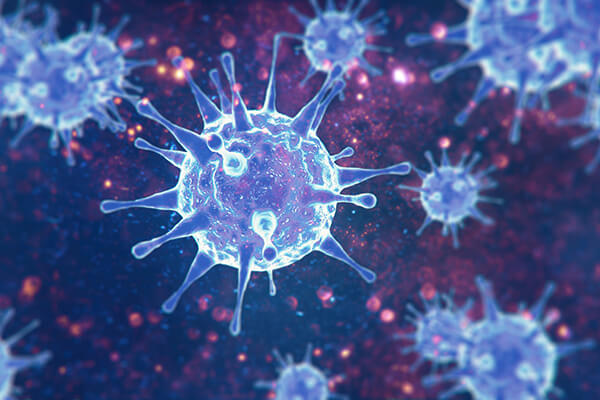
The University of Michigan is among 13 institutions that will receive funding from the Centers for Disease Control and Prevention to be part of a national network of centers focused on predicting and responding to future disease outbreaks. U-M will receive a $17.5 million grant over five years to establish the Michigan Public Health Integrated Center for Outbreak Analytics and Modeling, or MICOM. Housed within the School of Public Health, MICOM is a partnership with the Michigan Department of Health and Human Services and a national collaboration among institutional experts, who represent a variety of disciplines. At U-M, researchers from the College of Engineering, School of Information, Medical School and the College of Literature, Science, and the Arts will lend their expertise to the effort.

The University of Michigan and the Detroit Regional Chamber unveiled plans at the Mackinac Policy Conference in May 2024 to create an environment where innovation can thrive and drive Michigan’s economy forward. Dubbed Innovate Michigan, this strategic initiative will leverage the strengths of both institutions. The Detroit Regional Chamber, with more than a century of promoting economic prosperity, and U-M, the region’s largest producer of talent through its students, faculty and research, are pooling their resources and convening other organizations and businesses to collaborate in the development of an Ann Arbor-to-Detroit innovation corridor.

Artificial intelligence (AI) and scientific computing are vital in tackling complex global issues such as environmental challenges, infectious disease modeling and climate change. With a new $15 million collaboration with the U.S. Department of Energy’s Los Alamos National Laboratory, the University of Michigan will develop advanced computing technologies, including AI and sophisticated modeling techniques. This partnership aims to understand turbulent plasma behavior for nuclear fusion development and stellar evolution. The project combines algorithm development and AI to enhance efficiencies and throughput. The collaboration builds upon U-M’s universitywide strategy to amplify research and scholarship through partnerships with national laboratories.

A $15 million effort to wring both valuable resources and harmful pollutants out of wastewater was launched in February 2024. The University of Michigan is a partner in the Great Lakes Water Innovation Engine, one of 10 regional National Science Foundation hubs that’s among the largest broad investments in place-based research and development in the nation’s history. This initial funding established Great Lakes ReNEW, a 53-member consortium that is “turning waste into wealth and health.” ReNEW members are developing new ways to remove from wastewater emerging contaminants, such as PFAS, as well as critical commodities including renewable energy, minerals for batteries and nutrients for fertilizer.
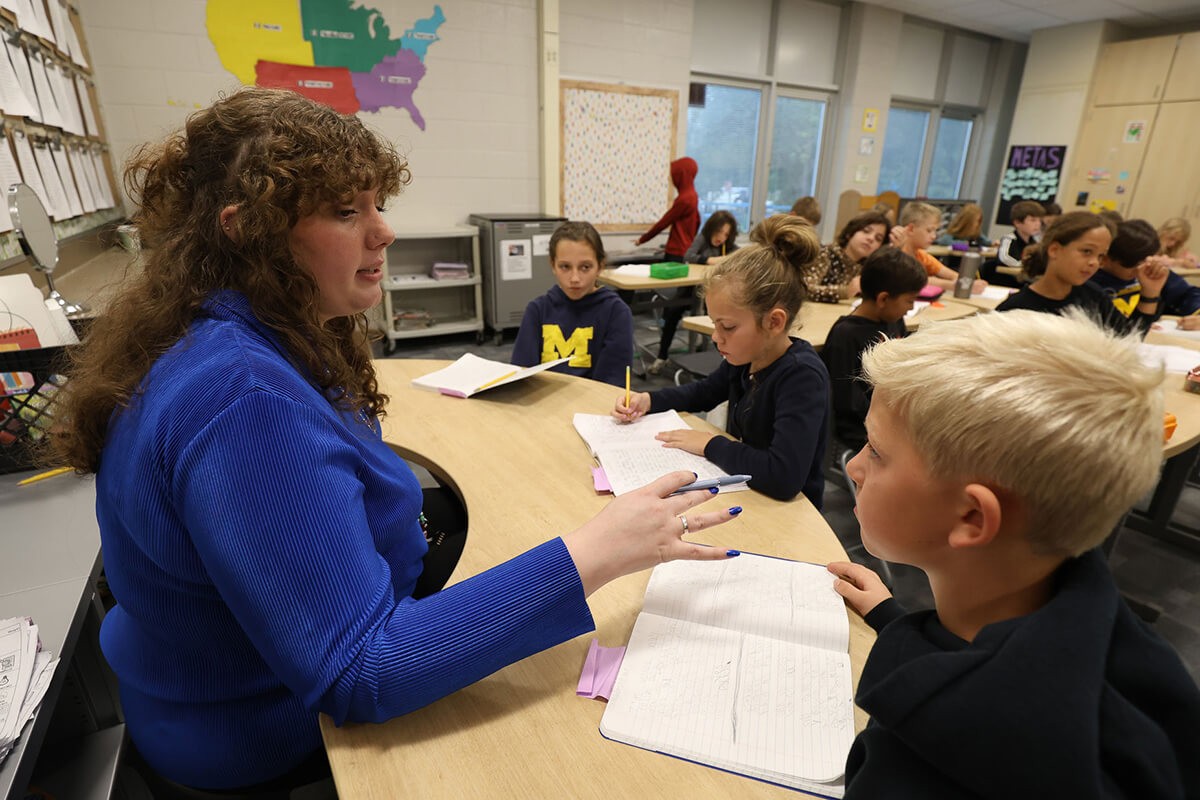
For the past few years, enrollment in teacher-preparation programs has decreased nationwide, particularly in traditional university-based degree programs. In Michigan, the teacher shortage has been more severe in less-resourced communities, such as in rural areas. The University of Michigan Marsal Family School of Education developed the Michigan Alternate Route to Certification (M-ARC) Program to address this growing problem. M-ARC is designed for anyone with a bachelor’s degree interested in becoming a teacher in Michigan. Program participants work as certified teachers (with salary and benefits) for three years while enrolled in and supported by the program to earn their standard teaching certificates. During the 2023–24 school year, M-ARC trained and supported 112 early-career teachers in 96 schools across Michigan.
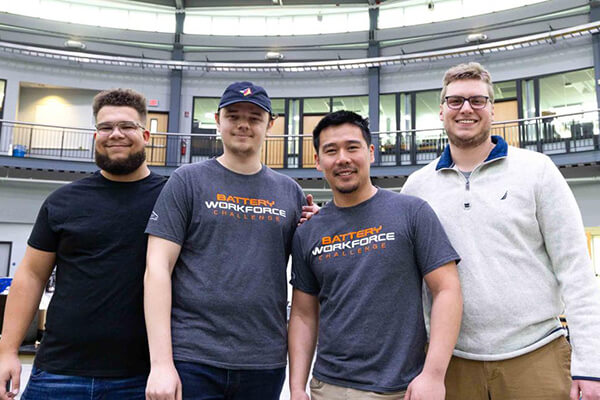
The national collegiate Battery Workforce Challenge competition is providing UM-Dearborn students with hands-on training with real electric vehicle (EV) batteries and cars, preparing them for high-demand careers in EV development. With automakers shifting to EVs and facing a shortage of skilled engineers, the competition — co-sponsored by the U.S. Department of Energy and Stellantis — offers students a chance to design, build and test advanced EV battery systems. The UM-Dearborn team is collaborating with students from Henry Ford College to enhance their vocational skills. They are one of 12 teams participating nationally, and the only team in Michigan selected for the three-year competition.
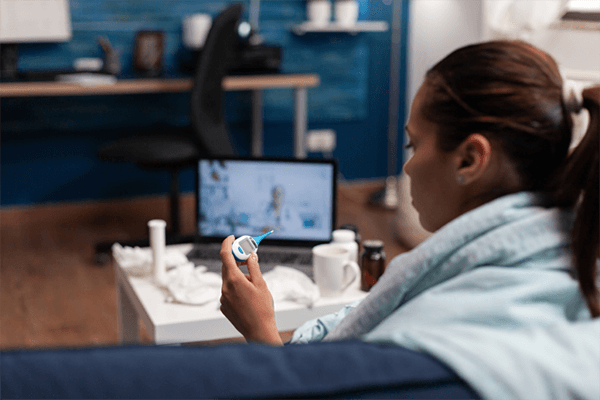
University of Michigan-Flint faculty in public health and computer science are collaborating to enhance telehealth services for adolescents. Using a $468,000 Research Enhancement Award from the National Institutes of Child Health and Human Development, this unique research project aims to address socioeconomic barriers and technological limitations in telehealth, focusing on the perspectives of 14 to 17-year-olds in Genesee County. The study is seeking adolescents' insights to improve telehealth experiences, fostering trust, comfort and accessibility. It will also be providing interdisciplinary collaboration and community engagement opportunities for UM-Flint student researchers.


